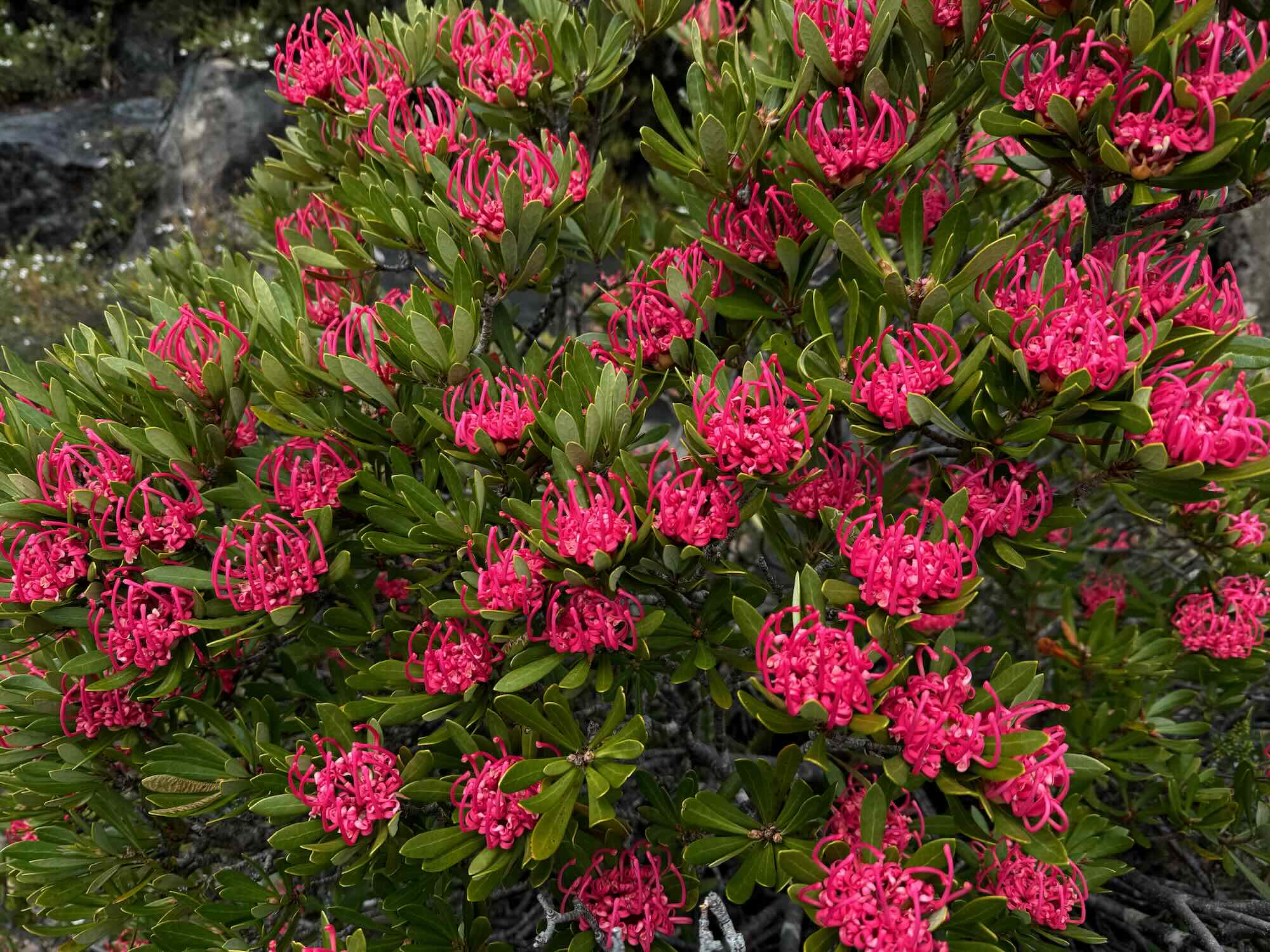Our world is full of things that could be better. On that I think we are generally in agreement. Unfortunately, there is also a tendency for some people to sit and wait for others to ‘fix’ it, coming up with many reasons to justify why they can’t do it themselves.
In our world of emotionally healthy leaders, we are very aware of a small(er) group of people who continue to have the drive and determination to do something meaningful instead of being bystanders. These are the people in our community who are ultimately responsible for making the world a better place.
Karleen Plunkett is one such person, and her story has something to teach many of us about staying above the line while striving to making a difference.
I first met Karleen in 2010, when she was a participant in the Gippsland Community Leadership Program (GCLP), based in eastern Victoria, with which we have had a close association for many years. As with many of the GCLP graduates, we have stayed in touch with Karleen ever since. (Mark Waller, another GCLP participant in that same year, is now one of our Community Fellows.)
Karleen’s name has recently been ‘up in lights’ as one of three finalists for the Lesley Hall Award for Lifetime Achievement at the 2023 National Awards for Disability Leadership. The nomination was well deserved and was so apt, as Karleen’s achievements do span most of her lifetime.
Karleen grew up in the regional Victorian town of Moe. Born with physical disabilities due to cerebral palsy, she attended the local mainstream primary school. Karleen told me, ‘I always wanted to be part of the community. I hated the idea of being segregated, [and I] fought very hard not to be sucked into that mentality [that] I should be treated differently.
When it was time to move to secondary school, Karleen’s parents were advised to send her to a special school in Melbourne. This was the 1970s and there was very little integration of people with disabilities into mainstream secondary schools. ‘They were told I would never cope physically in the mainstream secondary school.’ This shift triggered a drive in Karleen that has energised her ever since.
After she finished her education, Karleen became a project worker for Yooralla’s Active and Able program. Over the years she has taken on numerous roles, both professionally and as a volunteer, with a particular focus on her passion that women with a disability should have equal access to health services.
‘People with disability need to have equal access to whatever they need, including to health care that treats them with the dignity they all want,’ she told me.
She continues to be dedicated to driving systemic change towards a world in which everyone can access healthcare and services without obstacle.
In talking to Karleen, I was interested to understand what she does to keep herself above the line, especially living in a world where reminders of her ‘difference’ are everywhere. It would be so easy for passion to shift below the line and become anger.
‘Sometimes you need the anger to start to process the need for change,’ she told me. ‘I get so tired when things are too hard when they really [don’t need to be] … The anger gets the blood rushing. Then I calm down and take out the emotion and see [a problem] for what it is. For me it’s very hard to see both sides of the situation if I’m angry.’ While standing up for herself, Karleen is driven by a desire to also stand up for everyone else with a physical and sensory disability.
In terms of staying above the line, Karleen says it has been important to surround herself with good people. ‘People who are above the line and who know me for who I am. I can go to them when I’m feeling a bit down. That’s the main thing that helps me maintain the drive.’
As we’ve discussed recently in our blog, self-care is another critical component of staying above the line. Karleen says she has become better at this in recent years by stepping back from things. ‘Doing something trivial like putting away the dishes gives me a mental break. It’s taken me a long time to tell myself to leave it until tomorrow.’
As a recent participant in Tables of Ten, Karleen has also come to better understanding that she can’t do everything. ‘I think it is so important to understand who you are and how you work. Being able to see where things need to be changed so that you can get to the outcome that you want … [while] trying to do some work properly rather than busting a gut to try and do it all. We think we can do it all, but we can’t.’
The recent award nomination has also been a boost, helping Karleen to look back over her life and realise the extent of the difference she has been able to make, even if at times single things seemed small and perhaps even trivial. As you can see there is nothing trivial about Karleen’s contribution!
Gayle

